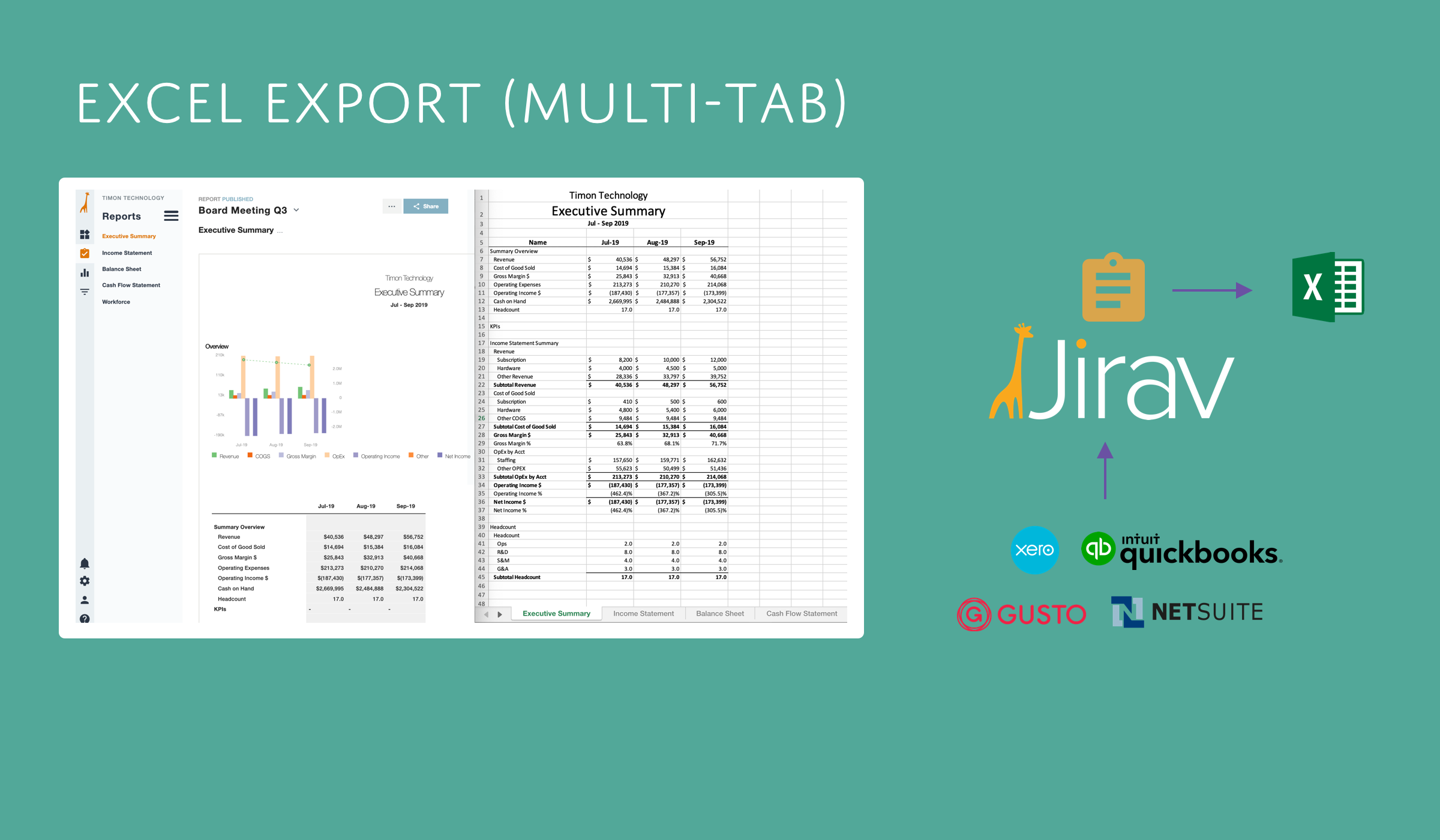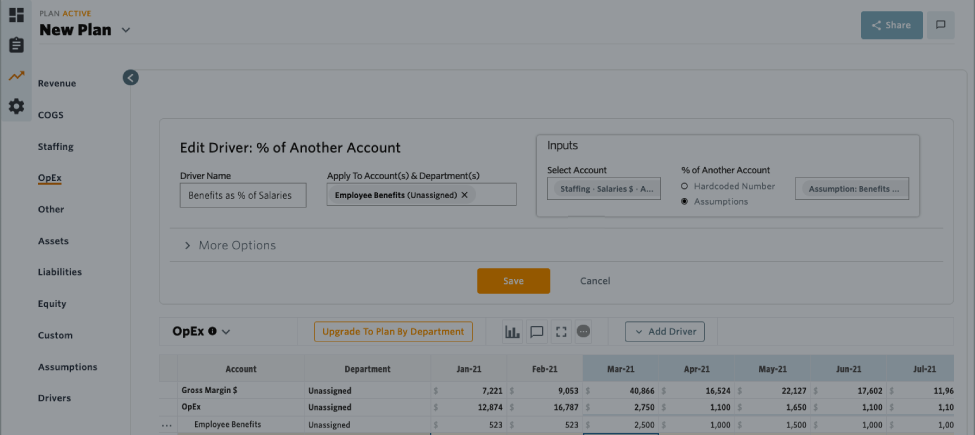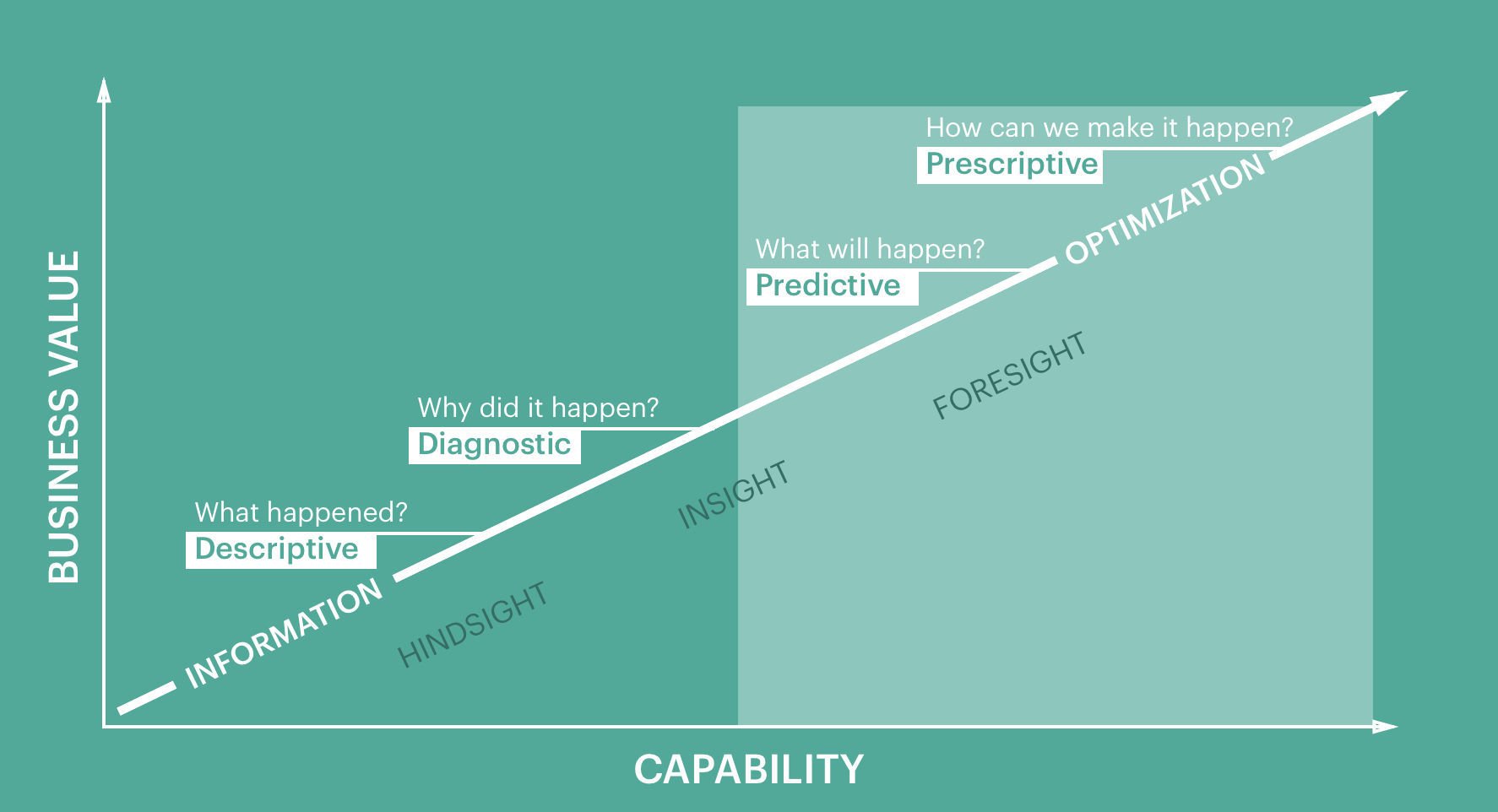Many executive roles are changing to match the evolving business landscape, and modern CFOs are no different. Today’s CFO is more involved in making strategic decisions and, in general, more involved with the direction the business is taking. This creates the necessity for CFOs to look for ways to increase the efficiency with which they can collect, analyze, and act upon the relevant financial data. This is the number one reason why CFOs and financial teams have embraced using Fintech.
Financial teams use Fintech to save time, maximize value (in terms of cost/benefit) and do their job effectively. With the tech startup industry exploding, a growing number of software products are available. But which solutions are best for CFOs?
This resource aims to highlight tools capable of improving:
- Productivity (by saving time and effort)
- Performance (of yourself and those who utilize financial reports)
- Advice (that you offer to the rest of the executive team)
The top 5 tools for CFOs today
Today you can find dozens of financial tools across every vertical of the financial world. Some are a great fit for smaller businesses, others are designed for companies with hundreds of employees. There are also industry-specific ones, and even some accounting suites that cover 99% of all needs for 99% of businesses.
This list is an overview of good all-rounder software or the ones that you can start with and later integrate for additional solutions for your specific use case.
1. Netsuite
Tool type: ERP
Netsuite fits into the Enterprise Resource Planning tools category. These are solutions that organizations, typically very large ones, use to keep track of their accounting, business operations, inventory, procurement, compliance, and much more. ERPs are essentially a hub for everything that goes on in an organization and can provide instant snapshots of what’s going across every area of the business.
Oracle’s Netsuite is one of the most popular ERPs in the market since it provides one of the most robust implementations and has the support of Oracle, which makes its integration a lot more streamlined than if another solution was used.
Netsuite’s features and capabilities include:
- Easy to scale the solution for growing businesses
- Cloud based so it can reduce the overhead compared to physical servers
- Real time financial dashboards and analytics
Pros of CFOs using Netsuite:
- Allows CFOs to plan and execute strategies at a global level
- Gives the ability to build accurate financial models for complex organizations
- Allos CFOs to delegate non-critical financial activities with increased confidence
Alternatives to Netsuite:
- SAP ERP
- Sage Intacct
- Microsoft Dynamics NAV
2. Stripe
Tool type: Payment processing
Payment processing software has become an essential part of businesses everywhere. Ever since online shopping has become mainstream, having access to reliable and secure payment processing has been a driver for an ever increasing number of payment processing Fintech solutions to hit the market.
Stripe is one of the biggest players in the payment processing space. It started out focusing on payment processing but has now expanded its capabilities to include financial services and risk mitigation features to round out the payment suite. Another important aspect of Stripe is its ability to integrate with your ERP of choice or accounting suite so that you can make sure you get full functionality without the need to have siloed software.
Stripe’s features and capabilities include:
- A dedicated API to make integration fast and easy, even without the need of a technical team
- Solutions for businesses of every size
- The ability to add in-person payment processing, subscriptions, and invoicing
Pros of CFOs using Stripe:
- It has powerful transaction analysis which allows you to automatically monitor fraudulent transactions without impacting legitimate users
- It has customizable business data reporting so you can update your books automatically, get instant cash flow updates, and stay on track of key KPIs such as monthly recurring revenue
- Allows you to get intelligence from your users, such as average revenue per user, active subscribers, and what amount of payments comes from each card issuer
3. Procurify
Tool type: Purchasing software
CFOs have always had the unique challenge of being able to balance both a tight control over their teams’ spending while also ensuring their teams have what they need to operate efficiently. In other words, CFOs and financial teams have to find a compromise to make sure that they don’t become the bottleneck in the operation.
To make this critical role of CFOs and financial teams more efficient, implementing software has become the best way to make sure operations have access to the funds they need to keep the business running. As a bonus, financial teams can have the reassurance that budgets are being maintained.
Procurify is a tool that focuses on giving financial teams control over the spend without slowing down operations. It does this with a dedicated communication platform that gives its users the ability to classify into different buckets the amounts that need to be spent. It then makes sure that you don’t have to rely on sifting through your email inbox to reference spend requests and authorizations.
Procurify features and capabilities include:
- Real-time budget tracking
- Customizable approval flows for spending and payment authorization
- Complete integration with accounting software and ERPs
Pros of CFOs using Procurify:
- Centralized approval and authorization
- Instant access to budget tracking
- Gives you a detailed view into your purchasing pipeline
4. Gusto
Tool type: Payroll
Without a doubt, payroll is one of the most critical tasks that financial teams need to make sure go with any hiccups. Any problem in this space can add complications to your operation and human resources. Payroll software has become the default way for organizations to manage their payroll since they make the process quicker and less prone to human error.
Gusto is the preferred choice of businesses due to its pricing, ease of use, and ability to scale for organizations that are growing quickly. As is expected of every Fintech product, Gusto allows complete integration into your existing Fintech stack.
Gusto’s features and capabilities include:
- Solutions for every size business. Plans start at $25 per month and they also offer corporate level solutions
- Easy way to manage payroll, taxes, vacations, and employee benefits
- User-friendly interface
Pros of CFOs using Gusto:
- It reduces the total amount of time dedicated to processing payroll
- It integrates with your other financial apps so that you can get updated HR data
- Automatic calculations so that you can decrease the occurrence of human errors
5. Jirav
Tool type: Analytics, forecasting, and financial modeling
As mentioned at the beginning of this article, the role of the CFO has changed. It's no longer focused solely on compliance and bookkeeping. Today’s CFO needs to be able to collaborate with the CEO and operations on the direction the business needs to take to achieve its goals. The key to achieving these goals is the ability to make financial data-driven decisions.
Jirav empowers CFOs to make the data-driven decisions by giving them a central hub for the organization’s financial analytics, forecasting, and financial modeling. The whole concept behind Jirav is to enable CFOs and financial teams to focus on the strategic side of their role while spending the least amount of time consolidating reports and spreadsheets to create reports. One way Jirav does this is through its advanced user management features, which allow the CFO to create customized reports without having to invest days preparing them.
Another of its unique features is its Allocations functionality. Allocation allows you to easily categorize income and spend between departments to reflect their true categorization.
Jirav’s features and capabilities include:
- Building driver-based financial models
- Providing forecast runway with integrated cash forecasting
- Projecting sales and revenue based on various aspects
- Budgeting by department
- Allocating overhead expenses
- Streamlining monthly reporting
- Forecasting your workforce
- Comparing multiple scenarios
- Changing assumptions on the go
Pros of CFOs using Jirav:
- Instant access to all your financial data
- Ability to create more accurate forecasts and financial models
- Makes scenario planning much more efficient and easy to share the data with key stakeholders
Ready to build a Fintech stack?
Today’s Fintech gives CFOs and financial teams tools that make their jobs easier and more effective. This, in turn, lets you focus more of your time on guiding your team instead of wasting hours staring at spreadsheets. Take a tour of the Jirav platform to learn more about how it works together with your other Fintech solutions to give you a better understanding of your organization’s finances.




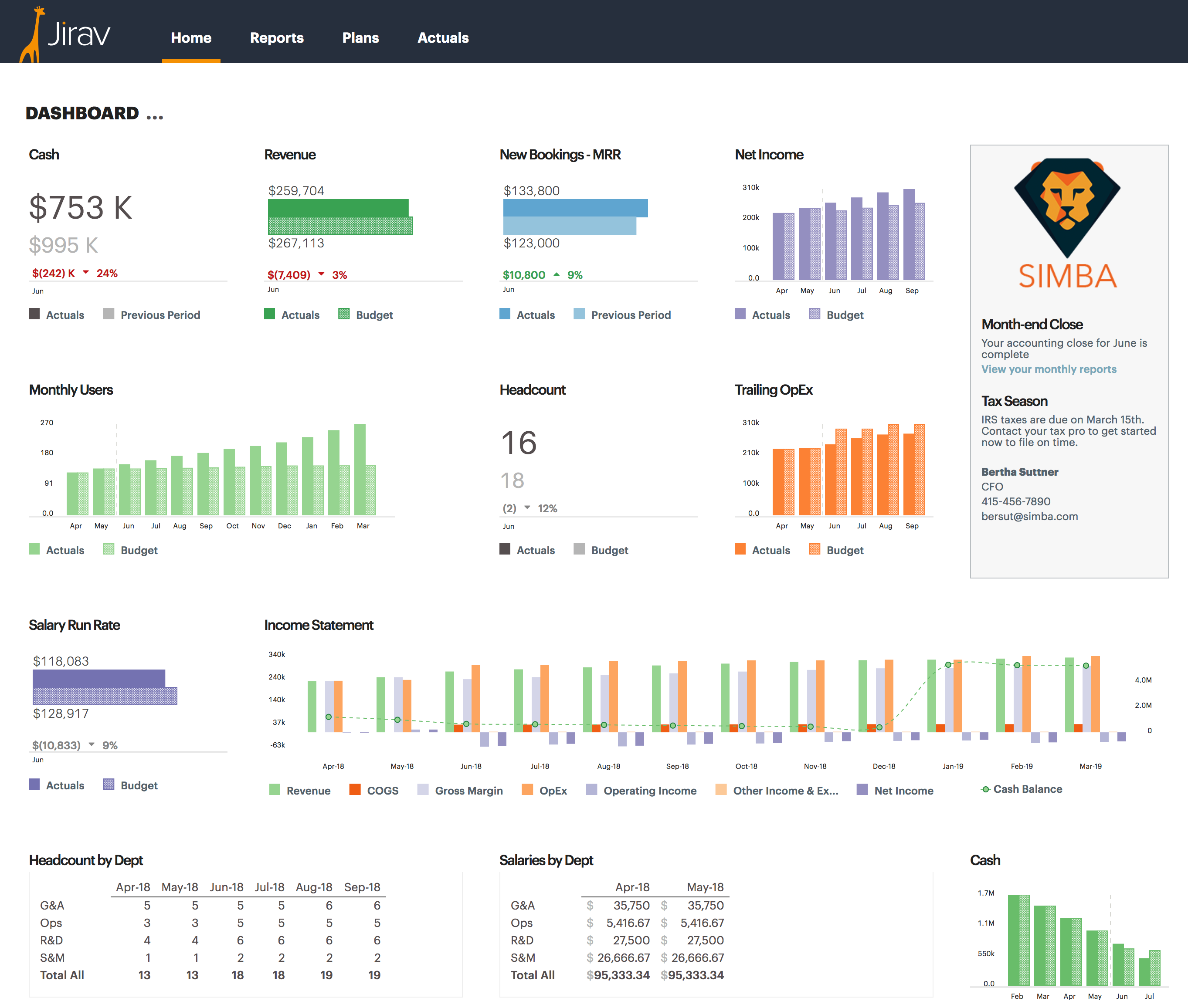
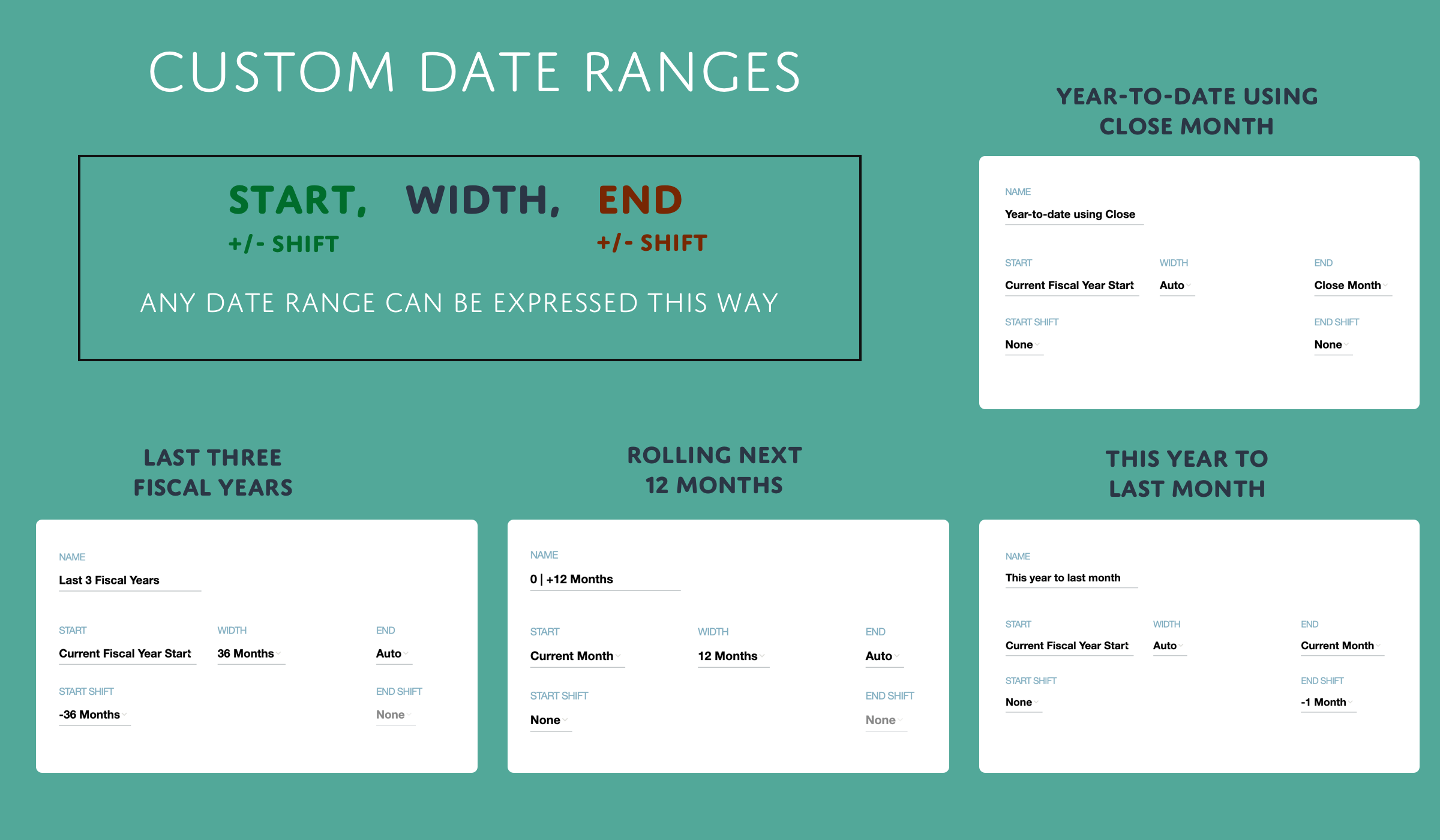
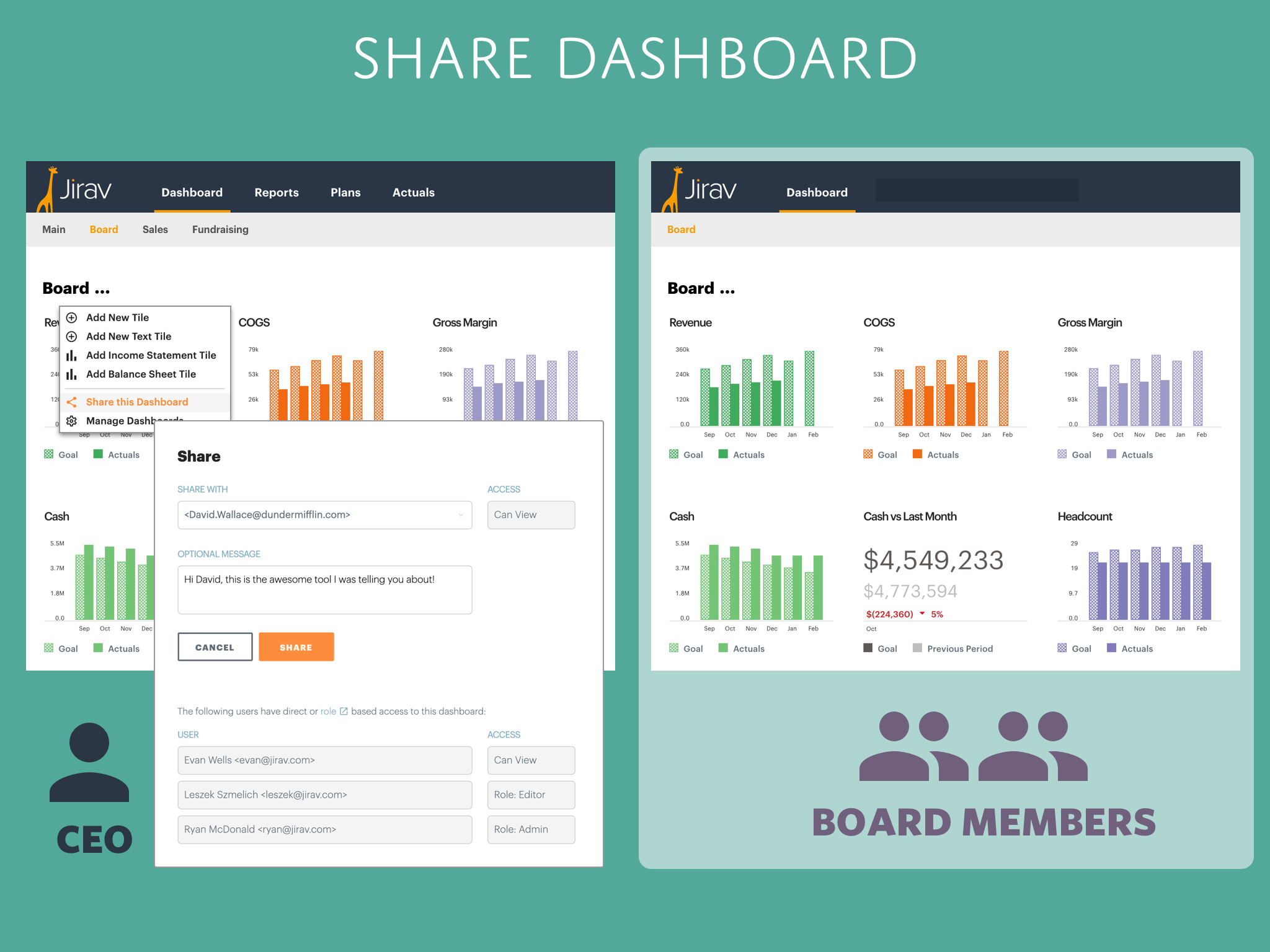
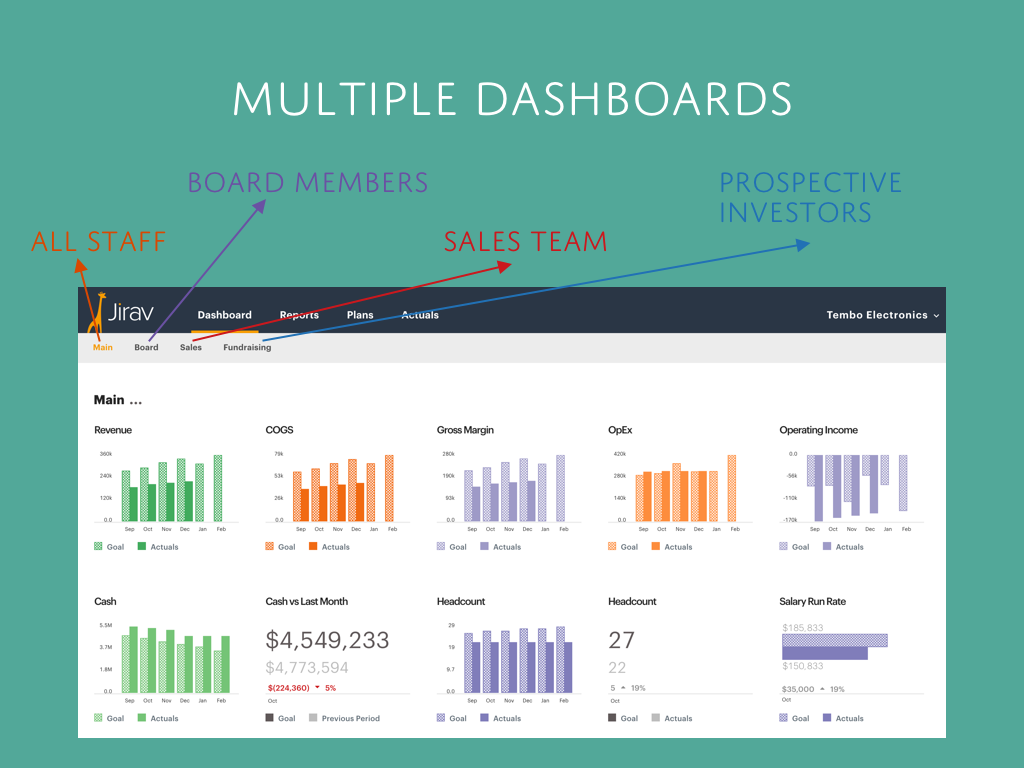
.png)
